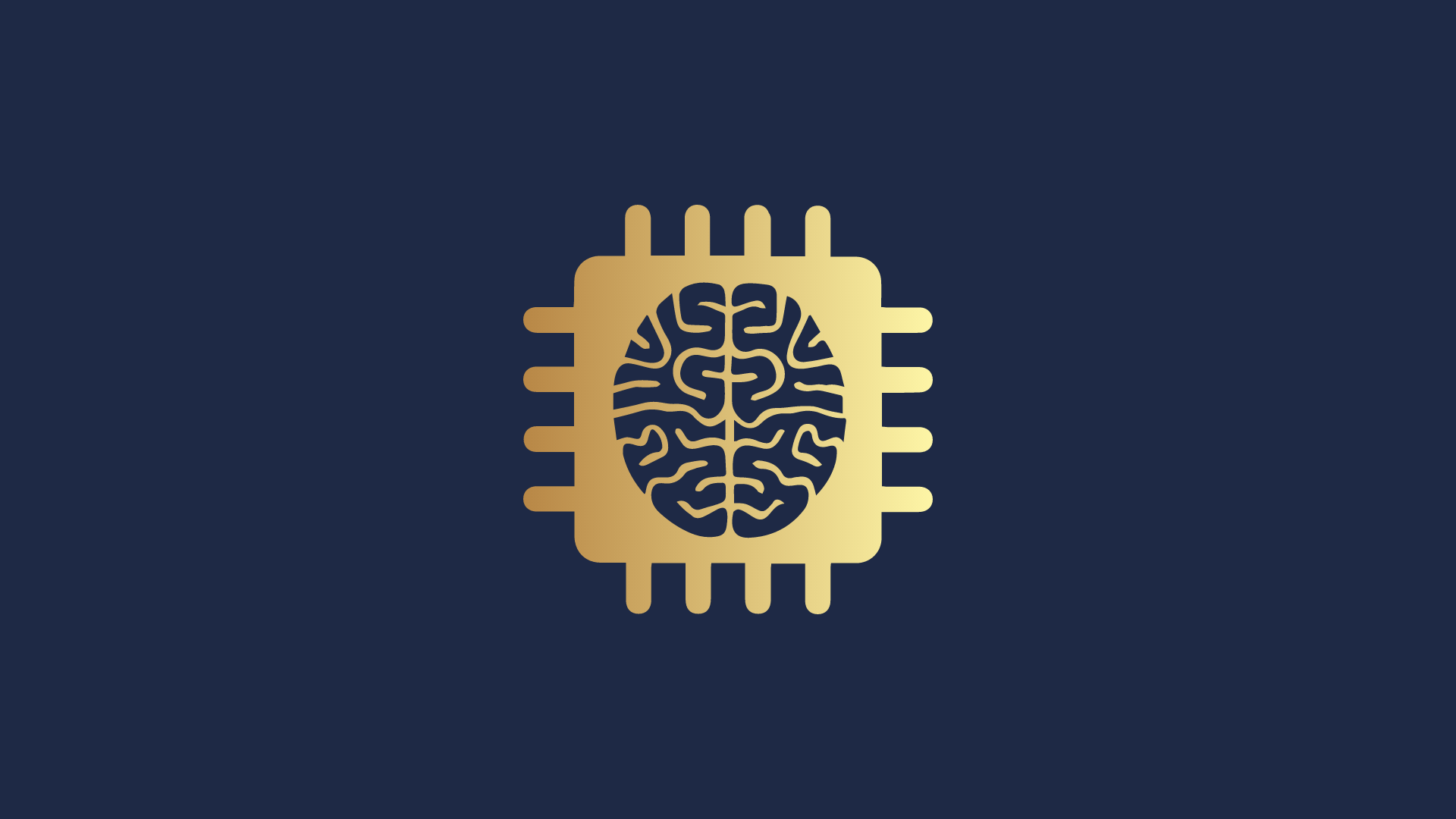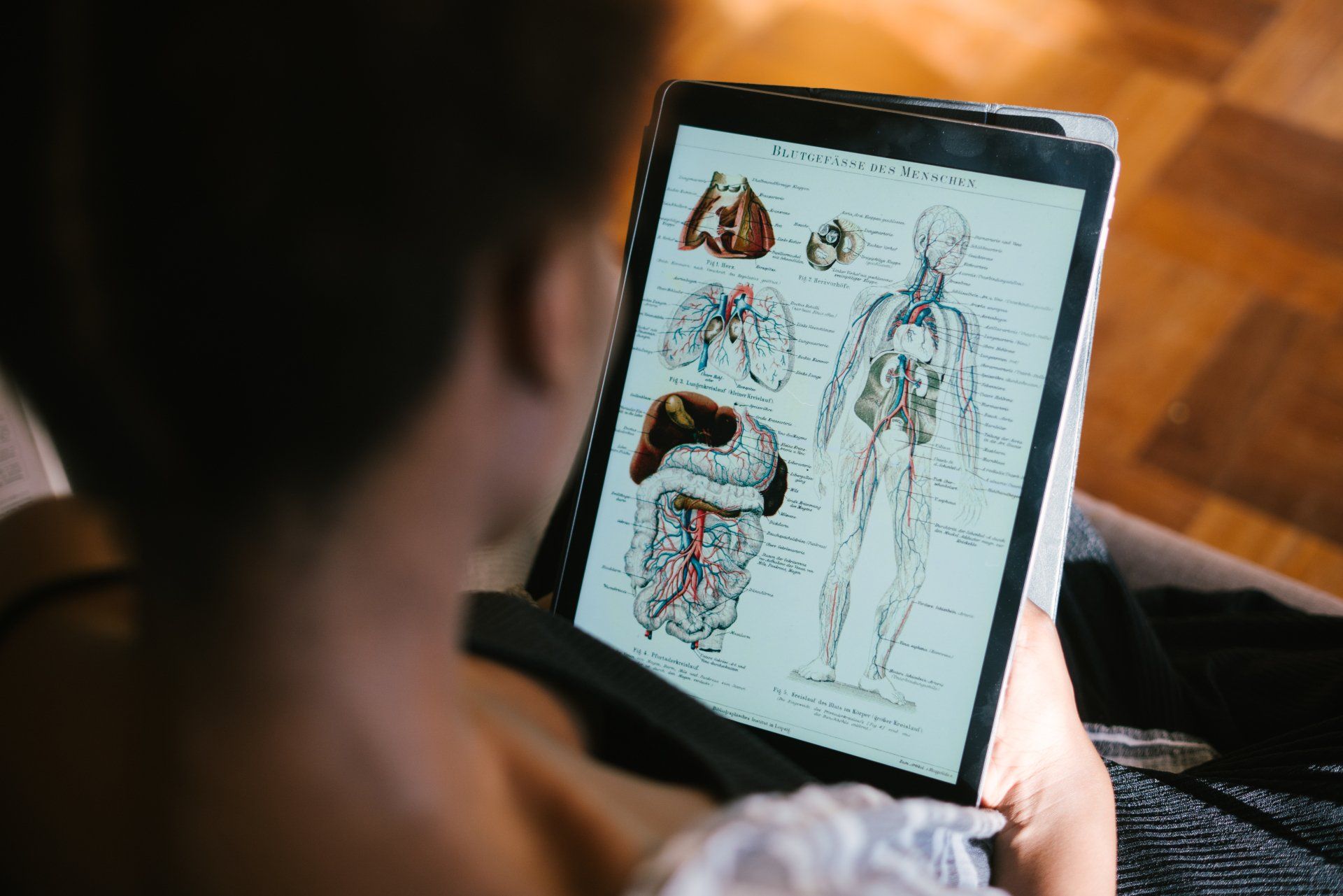We are building a team of diverse technology professionals from Mechatronics and software engineering discipline

What is Robotics and Artificial Intelligence?
Robotics and artificial intelligence (AI) have the potential to significantly impact and transform business and industrial processes in numerous ways. Some of the most important ways in which robotics and AI can contribute to human civilization are as follows:
- Improved Quality of Life: Robotics and AI can automate repetitive, dangerous, and tedious tasks, freeing up time for people to focus on more meaningful and enjoyable activities. This can lead to an improvement in the quality of life for individuals and communities.
- Increased Productivity and Efficiency: Robotics and AI can enhance productivity and efficiency by automating tasks that are time-consuming and prone to human error, thereby reducing costs and increasing profits for businesses. This can lead to economic growth and prosperity for individuals, businesses, and nations.
- Enhanced Healthcare: Robotics and AI can revolutionize healthcare by assisting with the diagnosis and treatment of diseases, providing better patient care, and reducing the workload for healthcare providers. This can lead to improved health outcomes for individuals and populations.
- Improved Education: Robotics and AI can provide new and innovative ways of learning, such as virtual classrooms and online tutoring, making education more accessible and effective.
- Improved Environmental Sustainability: Robotics and AI can help to reduce waste and conserve resources by automating tasks such as monitoring and controlling energy use and managing waste streams. This can lead to a more sustainable and environmentally responsible society.
- Advancement of Scientific Research: Robotics and AI can facilitate scientific research by providing new and innovative methods of data collection, analysis, and simulation, enabling researchers to make new discoveries and advancements in various fields of study.
Robotics and AI have the potential to greatly impact and transform civilization in many positive ways. However, it is important to understand that these technologies also have the potential to disrupt society and the workforce, so it is crucial that they be developed, used, and regulated in a responsible and ethical manner.

Environment Safety and Sustainability
Robotics has the potential to play a significant role in promoting sustainability and protecting the environment. Here are a few ways in which robotics and Artificial Intelligence can contribute to this goal:
- Environmental monitoring and data collection: Robots can be used to collect data on environmental parameters such as air and water quality, soil moisture, and wildlife populations. This information can be used to develop targeted strategies for conservation and sustainability.
- Clean-up and waste management: Robots can be deployed to clean up litter, oil spills, and other forms of pollution in hard-to-reach areas. They can also be used in waste management facilities to sort and process materials more efficiently, reducing the environmental impact of waste.
- Renewable energy production: Robots can be used to manufacture and maintain renewable energy sources such as solar panels and wind turbines. They can also be used to perform routine maintenance and inspections, reducing the need for human workers to work in potentially hazardous conditions.
- Agricultural automation: Robotics can be used to automate various tasks in agriculture, reducing the use of pesticides and fertilizers, and improving water conservation. Automated systems can also increase efficiency, reducing waste and allowing for more sustainable food production.
- Monitoring and protection of wildlife: Robots can be used to monitor wildlife populations, track migratory patterns, and protect endangered species from poaching.

Care Management

Early Makers
